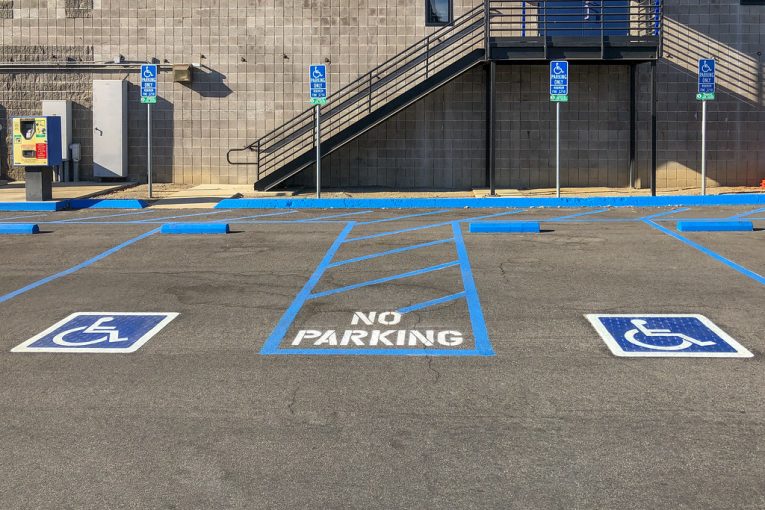

By Ethan Wang
LOS ANGELES — Earlier this month, UCLA announced its introduction of a disability studies major. In doing so, it became the first public educational institution in California to incorporate disability studies as a formal discipline.
Just two years ago, California became the first state to require ethnic studies as a course option in public high schools with the passing of Assembly Bill 101. These two developments pointing toward the gradual reconstruction of California’s public educational institutions is certainly underway.
With the requirement of ethnic studies came the incorporation of California’s curricula to include more empathetic, humanizing, and truthful information about the roles of non-white people both historically and contemporarily. This is especially necessary in a state as diverse as California – not only ethnically, but also in terms of sexual orientation, religion, and other forms of categorization.
Governor Newsom’s choice to pass the Assembly Bill 101 falls in line with recent studies’ findings that the inclusion of diverse curricula “increased measures of engagement throughout high school (e.g., attendance) as well as the probability of postsecondary matriculation.”
Accordingly, other forms of curricula that serve to properly educate students on marginalized status groups, such as people with disabilities, serve similar purposes — in addition to forging more understanding and empathetic relationships between majority and minority groups.
Disability studies uniquely serve to explore “the social, political, and cultural aspects of disability,” as well as its constructionism and its societal implications for people with disabilities. This field serves to deconstruct the mental boundaries intended to create a separation between people with and without disabilities.
In the late twentieth century, the disability civil rights movement culminated in the Americans with Disabilities Act (ADA), which laid the groundwork for the movement’s contemporary social goals — such as proper curricula, establishment of employment discrimination laws, and more. Drawing on such, disability studies interrogates the socialization of disability and underscores how its rhetorical roots are inherently based in ableism.
Disabilities studies’ social model “names both architectural and attitudinal barriers as the cause of disablement,” emphasizing the creation of the concept of disability rather than its concrete existence. This is significant in challenging widely held prejudices against people with disabilities.
In fact, research conducted nearly a decade ago found that the introduction of disability curricula produces shifts in perceptions of disabilities followed by conscious questioning of ableism in current teaching structures. As a direct result of the integration of classroom curriculum, the classroom itself may become further integrated.
UCLA students with disabilities have expressed hope that the introduction of disability studies as an official major will help students without disabilities to better understand their disabled peers, friends, and family members. Time will tell, but this marks yet another positive step toward a more inclusive, representative Californian curriculum.
As significant as it is to define disability studies as its own field of study, social and collective work remains necessary to challenge the social lines of disability. Where the same rigor may not be necessary, the overarching morals to practice personal autonomy and perpetuate social justice and inclusion are.
It is through the conjunction of academic and global integration that we will continue to move closer toward equitable treatment and understanding of people with or without disabilities. It is imperative that people – with or without disabilities – outside the sphere of academia are equally equipped to access and understand similar forms of information and resources.